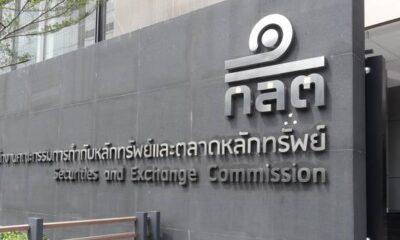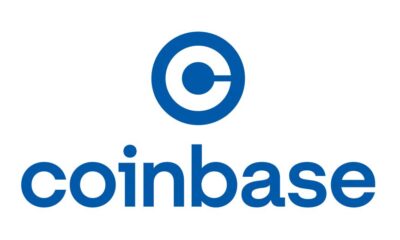Markets
Spanish embassy spotted hunting crypto airdrops on X
The official social media account of the Spanish embassy in Bosnia and Herzegovina has been spotted messaging crypto projects for details concerning airdrops and upgrades, leading onlookers to speculate that its account may have been compromised.

Markets
Circle’s USDC token will go native on Celo blockchain
Circle’s USD Coin will launch natively on the Celo blockchain, the Celo Foundation has announced. Minting USDC on the blockchain will boost Celo’s use cases for real-world assets and enhance USDC’s convertibility into fiat currencies.
Markets
UAE makes first digital dirham transfer via mBridge CBDC platform
The central bank of the United Arab Emirates conducted its first cross-border digital dirham transfer using the mBridge central bank digital currency platform on Jan. 29.
News
EU regulators vote on more constricting capital requirements on banks holding crypto
The Economic and Monetary Affairs Committee of the European Parliament has voted for measures requiring banks holding cryptocurrencies to set aside a punitive amount of capital.
-

 News1 week ago
News1 week agoTether invests $200M in neurotech company
-

 News1 week ago
News1 week agoFilipinos face higher fees after Binance ban
-

 News1 week ago
News1 week agoThai regulator cracks down on deceptive crypto ads
-

 News1 week ago
News1 week agoCircle’s USDC overtakes Tether’s USDT
-

 News10 hours ago
News10 hours agoCharles Hoskinson proposes Bitcoin Cash integration
-

 News16 hours ago
News16 hours agoVodafone looks to integrate crypto wallets with SIM cards
-

 News13 hours ago
News13 hours agoCoinbase faces new lawsuit















